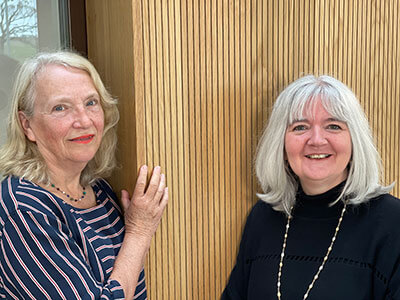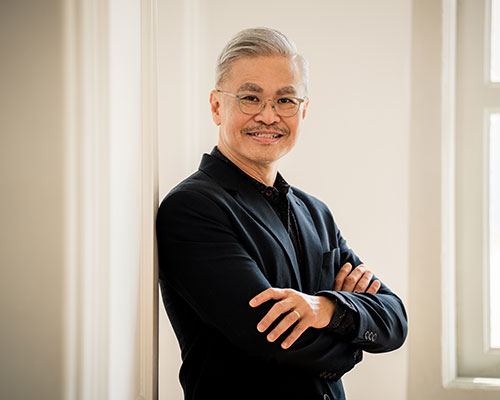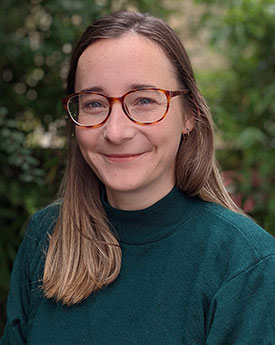Why Lancaster?
- Learn from world-leading academics in palliative care from our International Observatory on End-of-Life Care
- Study and research as part of a friendly and welcoming community
- Learn and conduct research flexibly and remotely, wherever you are in the world
- Join a supportive network of like-minded students globally
This PhD has been carefully designed by Lancaster University’s world-leading experts in palliative care to offer you a deep understanding of different aspects of palliative care to those working in the hospice sector, palliative and end-of-life care and beyond.
Delivered part-time online, it can be combined with your existing professional and personal commitments.
It is ideal for people in or looking to enter clinical work, education, research, management, policy and advocacy. Clinical experience is not a requirement for this PhD.
A comprehensive education in palliative care research
Palliative care is rapidly evolving, sensitive and increasingly high-profile.
It is imperative that people working in the field can make decisions about care, service organisation and policy that are rooted in the best possible research-based evidence.
Whether you are looking to enter or progress in the hospice, palliative care, or end-of-life care sectors or have an ambition to become a researcher, your PhD will equip you with the highly transferrable skills and knowledge to guide policy and practice in palliative care or more broadly.
Our PhD in Palliative Care is delivered by staff from Lancaster’s highly regarded International Observatory on End-of-Life Care (IOELC).
The Observatory includes several world-leading academics whose research influences understanding and perspectives on the knowledge, theory and practice of end-of-life care.
How will I learn?
This part-time, online PhD in palliative care runs for between four and seven years.
It has been created with flexibility at its core. It allows you to combine your studies with your existing commitments, supporting a healthy work-life balance.
The first two years comprise taught modules delivered and assessed remotely. You will be allocated an academic tutor who will support you in developing your research ideas.
Upon successfully completing these taught modules, you will move on to the research phase of your PhD, where you will undertake an original and independent research project with the support of two supervisors.
You will meet with your supervisors regularly using video conferencing software such as Microsoft Teams and face-to-face during our optional annual Academies at our Lancaster campus. Your work will culminate in the submission and defence of your thesis in a viva voce.
We will support you throughout the process to enhance your leadership skills and develop advanced research and presentation skills.
You will also join a peer group of fellow Lancaster University PhD students worldwide. Digital fora, collaborative spaces, and video conferencing will allow you to build a network that many find an invaluable source of support during their studies.








